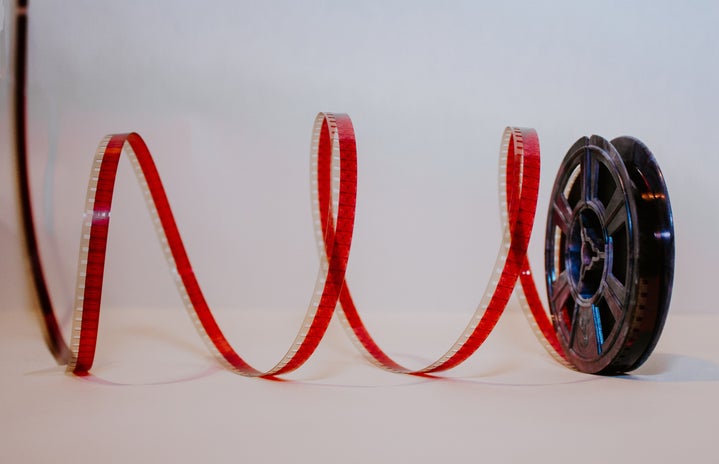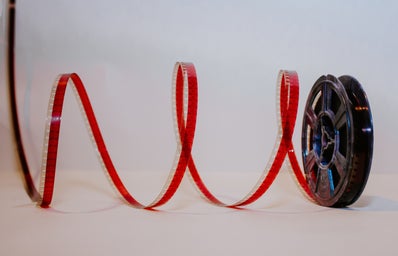Cinema with its pervasive effect on our lives is a veritable dreamland, close to us and distant at the same time. While some of us lean on it to unburden us of the weariness of a tiresome day, others squeeze it into their excessively austere schedule. Still, others hop onto a cinematic journey to beat the blues of daily life and a few people focus their entire livelihoods around this world of cinema. While for some a perfect date would be a film screening with popcorn, even those who stay distant from its effects often find themselves under pressure to jump onto the bandwagon.
Mindless Bollywood Comedies like Hera Pheri, Welcome, Dhamaal, Golmaal, Houseful, and others that form an indispensable part of Bollywood’s share of ‘light-hearted and soothing’ cinema are some of those films that never get old. People from practically all generations keep coming back to these films that generously offer them a ‘refuge’. Contrary to what this may sound like, this article is not my attempt at romanticizing these overtly problematic films. This article is my modest attempt at decrystallizing why despite their conspicuous flaws these films remain popular through generations. I do this with sincere respect for the views of other Bollywood lovers and critics alike.
A basic understanding of the plot of such films will be conducive to the readers’ understanding of the eventual ideas. Hence, I’ll briefly discuss how the plot (similar though not same in all these films) unfolds. The truth is that these films are devoid of any meaningful storylines. They’re generally multi-starrer films with no head or tail whatsoever. Once you commit to these, you get to witness about three hours of the cast falling in and out of the most ridiculous problems, men chasing women and appealing to their families or curtaining themselves from the gaze of exasperated money lenders when in debt. While doing this, the cast pumps in regressive comedy deriving from racism (the depiction of the black bodybuilder in Hera Pheri 2 being a case in point), disrespect for the differently-abled, or objectification of females. I don’t intend to say that the films lack meaningful humor in their entirety but it’s difficult to overlook the glaring problems. Saving these films from going completely astray is that one moment when the makers acknowledge their social responsibility and lead the characters onto morally correct paths. For example, while Hera Pheri starts with the protagonists trying to take part in a kidnapping to fetch some money, it ends with them realizing the need to reunite the child with their family.
Despite how I view these films, it’s true that these have a pervasive effect over Indian audiences. Also, while this shall lead us onto another debate, I’ve tried to answer why they remain so popular:
Chaotic Plots and Climaxes:
Despite how sadistic it sounds, as audiences, we enjoy the chaotic climax trope more than we’d ever admit. Mindless Bollywood comedies present to us an array of ridiculous problems that the cast deals with in severely peculiar ways leading to the excessively chaotic climax that has the audience laughing hysterically. Be it our poor cast banging their heads onto mirrors and dangling on ropes in a circus in Hera Pheri 2 or balancing themselves in a dilapidated cabin standing on one leg in Welcome, we love it and we anticipate its arrival.
Emphasis in Popular Culture:
The comedies we’re referring to here can rightfully be called cult comedies. They have a specific, passionate fanbase that celebrates them year after year. The followers of these films ensure that these remain deeply embedded in popular culture via the promotion of their timeless characters, songs, and dialogues. Babu Bhaiya’s ‘Utha Le Re Baba’ dialogue to Dhamaal’s ‘Nahi Karna Tha’ meme, the examples of popular culture references from these films are too many to count.
Soothing Escapist Tendencies:
While films are increasingly being applauded for taking the audience closer to reality thereby attempting to evoke deeper knowledge of issues that plague society (Article 15, Thappad and Chhapaak), some of them appeal only because they’re an escape from reality. Mindless Bollywood comedies take you to a world that’s far from real and hence, is a refuge away from the hassles of daily life and can be accessed in less than two hours.
Carefree Characters:
If you happen to take a “Which Hera Pheri Character Are You?” quiz on the internet, several times hoping that you’d get Babu Bhaiya as your result, it probably signifies that you really aren’t a real life Babu Bhaiya. You’re perhaps trying too hard to relate to a character you aren’t like but really would wish to be like. You find your happiness looking at this character’s carefree demeanor and for once forget how solemn you have to be while dealing with your problems. Long story cut short, through the lens of a character, you live a life that actually remains a distant dream. I’d be honest, when I first saw Welcome, I wished to have a life as extravagant as that of Majnu Bhai in which even my pitiful painting would be a piece of art and living in an oblivious dreamland a norm.
Watching with an Empty Head:
The appeal of mindless Bollywood comedies is also widespread because even before delving into these, you know that they’d be devoid of any serious, mentally taxing scenes. You know from the beginning that the film will start light and end light. You know that the cast shall deal with whatever comes it’s way without having to cross any stiff hurdles. You’re only waiting to see how it does that in the most shallow, ridiculous but hilarious way.
While these are some reasons why I think these films remain popular years after their release, maybe you’d like to watch them to find yours?


